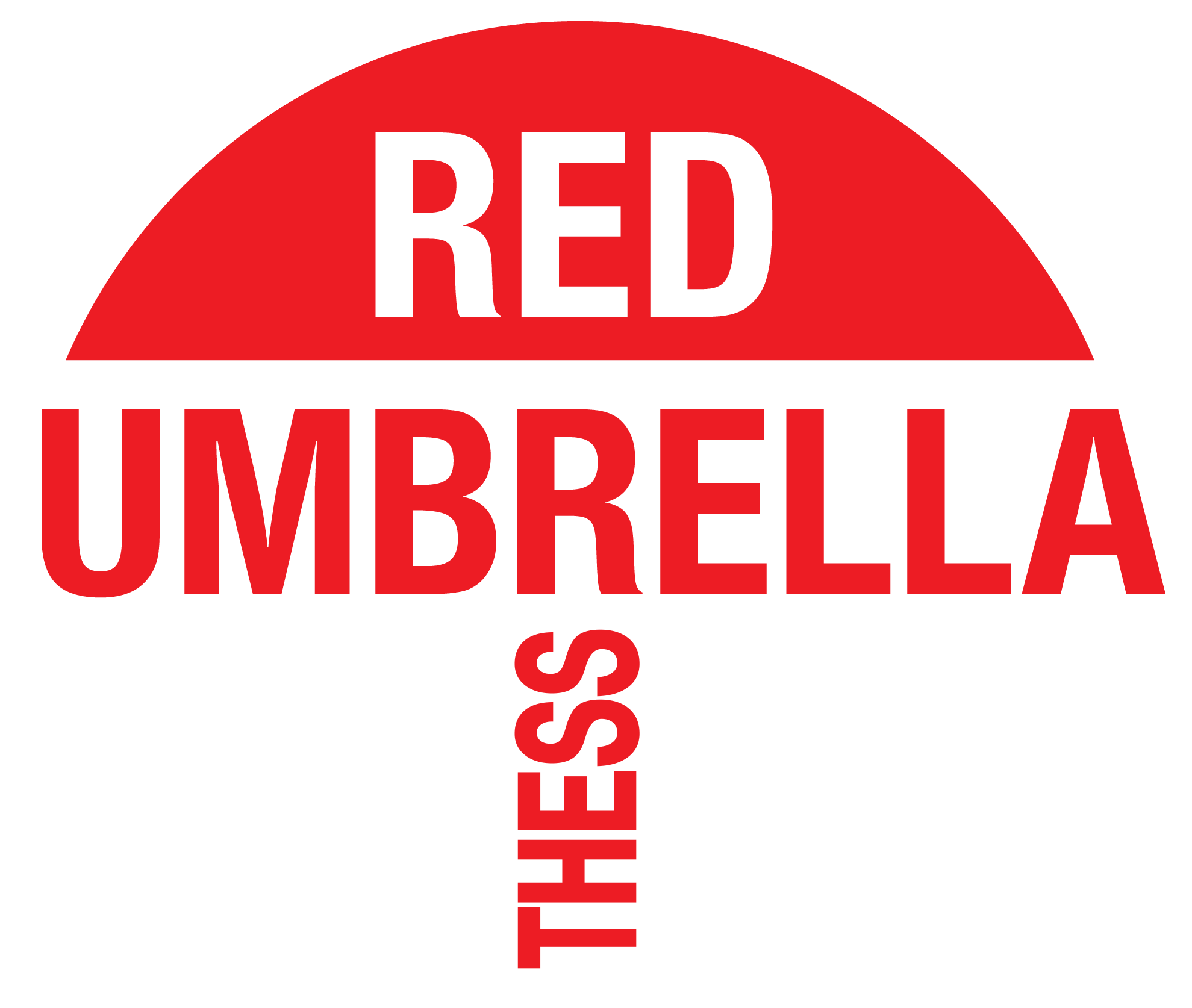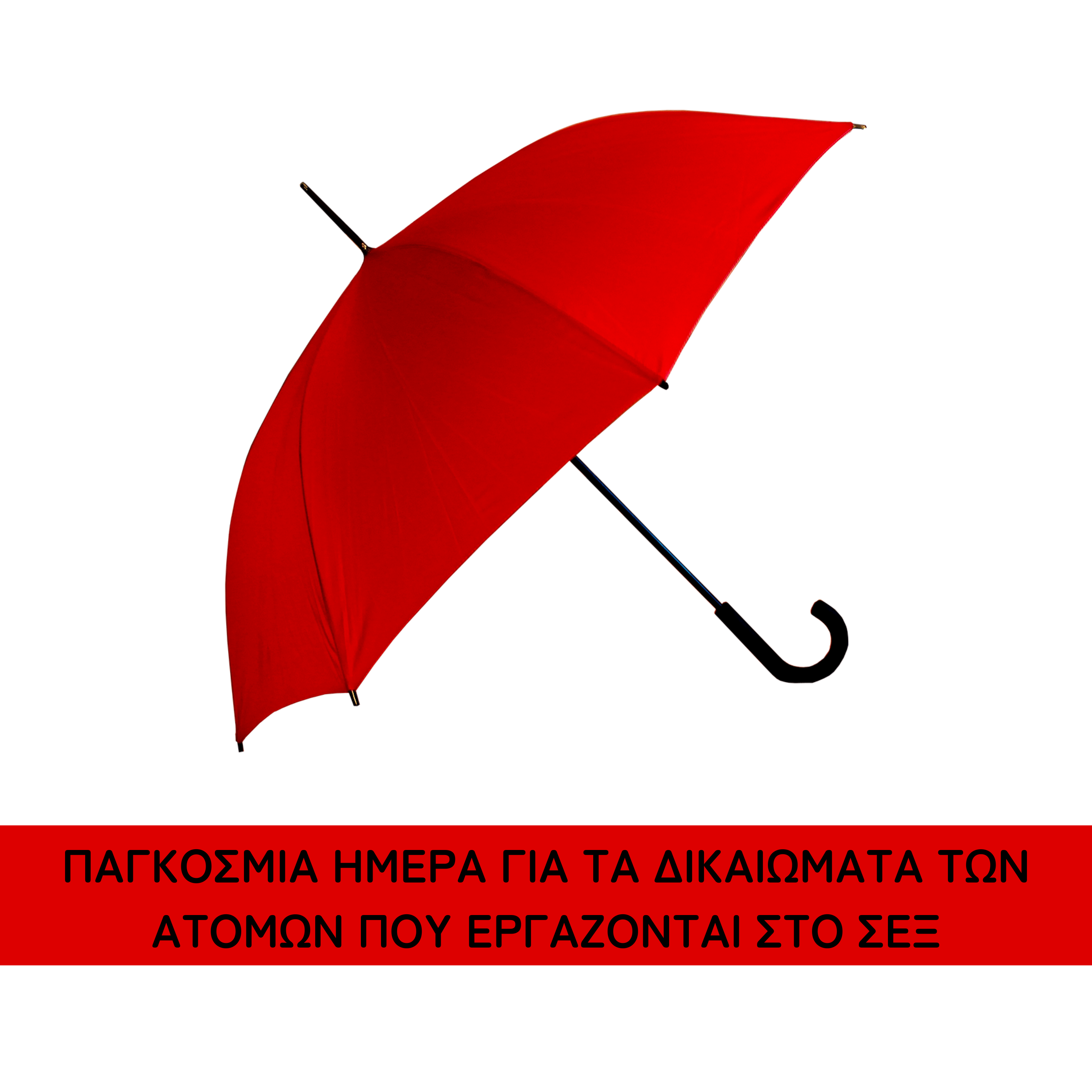March 3 has been established as the International Sex Workers’ Rights Day since 2001, when over 25,000 sex workers gathered in India at a festival to demand their rights, despite efforts by opposing groups to block it and pressure the government to revoke their work permits. Since then, the day has been celebrated by the sex worker community around the world as a reminder of all that remains to be conquered.
However, in Greece too, unfortunately, there is still much to be conquered, the main necessity being legislative reform. The law on sex work in Greece is in force since 1999 and is considered extremely anachronistic in its entirety. The existing legal framework, first of all, does not allow sex work on the internet, on the street or at the place of the person receiving the services – ignoring the actual circumstances of sex work and thus pushing sex workers into illegality. At the same time, it imposes very strict restrictions and conditions that are impossible to meet, such as required distances of sex work establishments from many public places, obtaining an establishment permit for the workplaces, renewal of the professional licence every three years, undergoing STDs tests every 15 days, the obligation for the working persons to be unmarried, widowed or divorced, among others.
This framework therefore pushes the vast majority of sex workers into illegality, which makes them extremely vulnerable to incidents of abuse and violence that they cannot report, and to a range of risks of all kinds.
A constant demand of the Greek Association of People Living with HIV – Positive Voice and the Red Umbrella Empowerment Centre for Sex Workers is the change of Law 2734/1999 and the protection of sex workers, who are one of the most marginalised groups. Sex work is work and sex workers should be subject to the same obligations and have the same rights as any other worker.
The assertion of these rights is a key pillar of the “Dana – Empowering sex workers” project, implemented under the Active Citizens Fund programme, with Positive Voice as the implementing agency. Through the project, legal support, psychosocial support, testing for sexually transmitted diseases, sexual health counselling and trainings for sex workers are provided, while primary research and advocacy initiatives are also undertaken.
The Active citizens fund in Greece is supported through a € 13.5 m grant from Iceland, Liechtenstein and Norway as part of the EEA Grants 2014 – 2021. The program aims to develop the sustainability and capacity of the civil society sector in Greece, and to strengthen its role in promoting and safeguarding democratic procedures, active citizenship and human rights. The Fund Operator for the Active citizens fund in Greece is Bodossaki Foundation in consortium with SolidarityNow.
Read more about it here: www.activecitizensfund.gr


